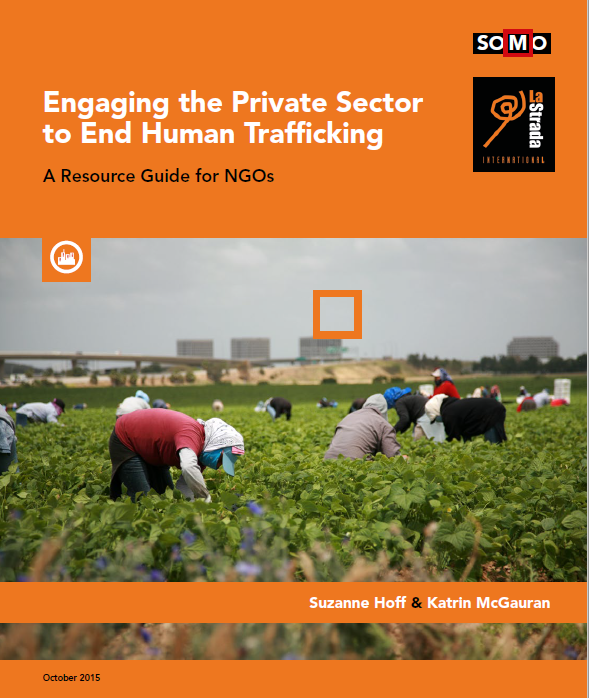Migrant Workers in South Asia and the Middle East: Making International Labour Migration Governance Gender-Responsive
Publications"Making International Labour Migration Governance Gender Responsive" outlines the role of labour migration governance and policies in determining the living and working conditions of women migrant workers through employment contracts. It identifies ...Read More

